Galaxy S25 series leaps ahead with next-gen digital security — leaving Apple playing catch-up?
We may earn a commission if you make a purchase from the links on this page.

The Galaxy S25 trio are Samsung's first phones to introduce post-quantum cryptography to protect your data against highly dangerous quantum-based cyber attacks.
Samsung just raised the bar on generative AI with the Galaxy S25 series and threw the gauntlet directly at Apple Intelligence with contextual AI smarts (Apple promised a similar thing but that’s yet to fully emerge). Generative AI will gather quite a lot of data about you for all these Galaxy AI tricks to work and be personalized, and this information has to be stored securely. Luckily, Samsung has thought about that.
The upgraded Snapdragon 8 Elite chip makes it possible for the Galaxy S25 phones to process most of the fancy Galaxy AI features on device, so your phone doesn't have to delegate the gathered info to any servers.
Features like the new Now Brief use the Personal Data Engine on the Galaxy S25 to analyze data on-device and provide you with a personal experience. But despite it being on the device itself, it still needs to be stored safely and kept private.
Post-quantum cryptography provides algorithms designed to be secure against attacks by quantum computers. Such attacks are likely to break many of the conventional cryptographic systems that rely on factoring large numbers (a quantum computer can solve most of such mathematical problems).
Thus, post-quantum cryptography is employed to protect against malicious users with some really powerful tech.
Samsung's Personal Data Engine gathers data in order for the AI experience on your Galaxy S25 to be truly personal. It takes its info from native Samsung apps and supports many languages and even dialects, including (but not limited to):
You can customize the Personal Data Engine with parameters you set in the Personal Data Intelligence menu on your Galaxy S25. Of course, if you turn off the feature, all analyzed data will get deleted immediately from Knox Vault.
You also get better security with a new Knox Matrix dashboard, additional settings for Maximum Restrictions, and leveled-up Theft Protection.
The brilliant level of Galaxy AI is thus secured on Galaxy S25 phones, and is also future-proof. As generative AI seems set to get more and more into our lives, the security of the data it needs to give us tips and automate tasks is of huge importance.
Meanwhile, Apple is known for its super-secure iPhones and while that's not inaccurate at all, Apple has not mentioned anything about post-quantum encryption yet. Currently, Cupertino uses the AES-256 disk encryption standard (among other security protections) which is known to be resistant to quantum attacks, to protect user data on iPhones. However, it seems Samsung is one step ahead, ready to outsmart the quantum-computer-weilding supervillains of the future.
Samsung just raised the bar on generative AI with the Galaxy S25 series and threw the gauntlet directly at Apple Intelligence with contextual AI smarts (Apple promised a similar thing but that’s yet to fully emerge). Generative AI will gather quite a lot of data about you for all these Galaxy AI tricks to work and be personalized, and this information has to be stored securely. Luckily, Samsung has thought about that.
The upgraded Snapdragon 8 Elite chip makes it possible for the Galaxy S25 phones to process most of the fancy Galaxy AI features on device, so your phone doesn't have to delegate the gathered info to any servers.
Features like the new Now Brief use the Personal Data Engine on the Galaxy S25 to analyze data on-device and provide you with a personal experience. But despite it being on the device itself, it still needs to be stored safely and kept private.
Samsung's Knox Vault is responsible for keeping watch over your Galaxy S25 personalized AI data. And now, this security system has a new future-proof layer: post-quantum cryptography.
Post-quantum cryptography provides algorithms designed to be secure against attacks by quantum computers. Such attacks are likely to break many of the conventional cryptographic systems that rely on factoring large numbers (a quantum computer can solve most of such mathematical problems).
Thus, post-quantum cryptography is employed to protect against malicious users with some really powerful tech.
Samsung's Personal Data Engine gathers data in order for the AI experience on your Galaxy S25 to be truly personal. It takes its info from native Samsung apps and supports many languages and even dialects, including (but not limited to):
- Arabic
- (Simplified) Chinese
- Dutch
- English
- French
- German
- Hindi
- Indonesian
- Italian
- Japanese
- Korean
- Polish
- Portuguese
- Romanian
- Russian
- Spanish
- Swedish
- Thai
- Turkish
- Vietnamese
You can customize the Personal Data Engine with parameters you set in the Personal Data Intelligence menu on your Galaxy S25. Of course, if you turn off the feature, all analyzed data will get deleted immediately from Knox Vault.
The brilliant level of Galaxy AI is thus secured on Galaxy S25 phones, and is also future-proof. As generative AI seems set to get more and more into our lives, the security of the data it needs to give us tips and automate tasks is of huge importance.
Meanwhile, Apple is known for its super-secure iPhones and while that's not inaccurate at all, Apple has not mentioned anything about post-quantum encryption yet. Currently, Cupertino uses the AES-256 disk encryption standard (among other security protections) which is known to be resistant to quantum attacks, to protect user data on iPhones. However, it seems Samsung is one step ahead, ready to outsmart the quantum-computer-weilding supervillains of the future.



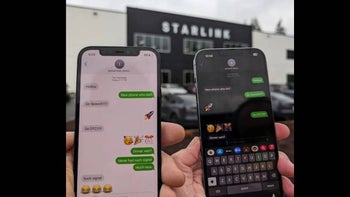
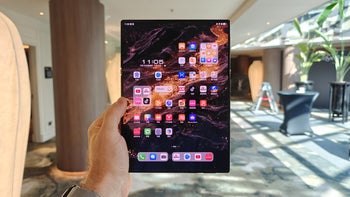

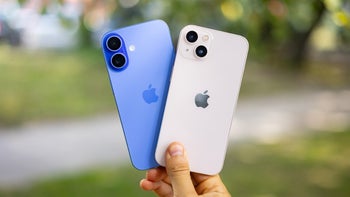

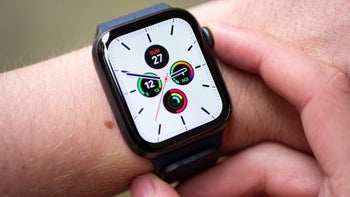
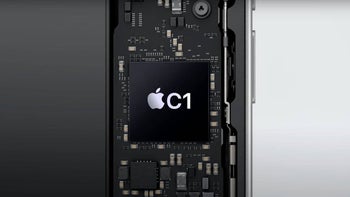

![Galaxy S25 Edge hands on video shows off slim design and key specs [UPDATED]](https://m-cdn.phonearena.com/images/article/167870-wide-two_350/Galaxy-S25-Edge-hands-on-video-shows-off-slim-design-and-key-specs-UPDATED.jpg)
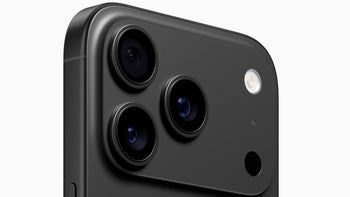
Things that are NOT allowed: